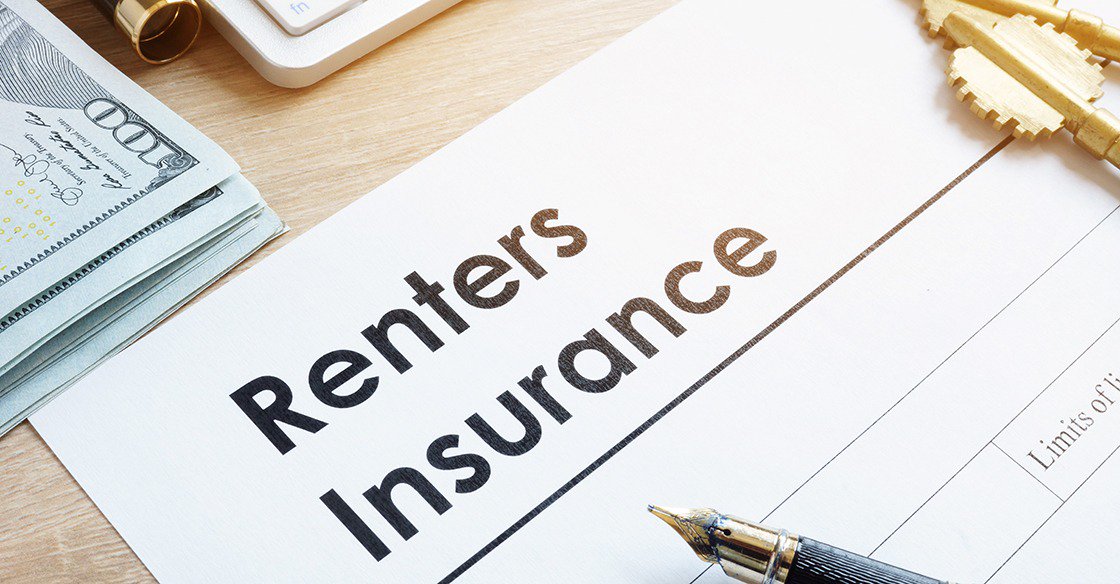If you are getting ready to sign a new lease or just recently did so, you may have noticed a clause in your lease that says, “Lessee is required to provide proof of renters insurance within 14 days of the lease start date.” So, what does this mean exactly? It means you must have renter’s insurance to stay in good standing with your landlord and the lease agreement.
Protect Your Belongings With Renters Insurance
Why do landlords require renters insurance? For starters, purchasing renters insurance is a smart move, whether your landlord requires it or not! Your landlord likely has insurance covering the building itself from fires, floods, and other catastrophes. On the other hand, a renter’s insurance policy covers your personal belongings.
If a fire were to break out in the home you’re renting, the landlord’s insurance would not cover new personal items for you, but it would give them cash to rebuild the property.
Without renters insurance, you will have to bear the financial burden of a loss to your personal property without any help from an insurance company. A renter’s insurance policy might even cover the cost of temporary housing due to natural disasters or fires.
Renters Insurance Protects Renters and Landlords
This policy also provides liability coverage for certain bodily injuries or property damage. Let’s say a guest or worker, like a plumber, is injured while in your home. Your renter’s insurance will cover this injury claim. If you didn’t have the type of policy, they could instead sue the landlord and their homeowner’s policy for the money, so it’s easy to see why your landlord would prefer you be covered instead!
Landlords require renters insurance to help minimize their risks, but this policy benefits you as the tenant. This coverage protects your property and minimizes your financial risk.
Renter’s insurance is a method to help secure the respect of the property by both parties, keeping the rental unit in top shape for years to come. Pronto Insurance can further explain this to you and get you a quote for renter’s insurance, so you know what you’ll be paying.













